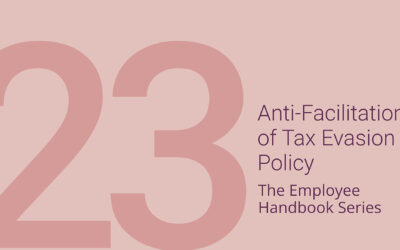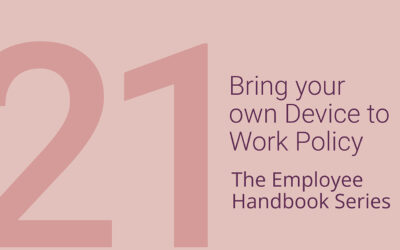EMPLOYMENT LAW
Constructive Dismissal
Why Choose Atkins Dellow as your Employment Law Solicitors?
Transparent Pricing
Straightforward pricing and payment options. Communicated clearly.
Flexibility
Consultations via video call, at our offices or by visit to your home or business.
Care
Regardless of the challenges, we look after your interests.
No Legal Jargon
No jargon. We speak in plain English just like you.
Constructive Dismissals FAQs
What is Constructive Dismissal?
Constructive dismissal refers to a situation where an employee resigns from their employment as a result of a breach of a fundamental of their contract of employment by their employer. The employee can then ‘construct’ a dismissal out of their resignation.
A breach of a fundamental term of the employee’s contract can include, for example, where the employer:
- Does not pay the employee when they should do.
- Makes unreasonable changes to the requirements of the employee’s job, such as changing their working hours, benefits, seniority of pay without a good reason.
- Undermines the trust and confidence the employee has in them by, for example, letting other employees bully or harass an employee, demoting them without good reason, disciplining them without reason or not paying them as they should.
To be successful in a claim for constructive dismissal, the employee will need to show that they resigned on the basis of their employer’s breach of contract, and not for some other reason. They will also need to show that they didn’t delay too long. If they did wait too long, they may be deemed to have accepted the breach of contract, and not be able to rely on it to show that they’ve been constructively dismissed.
Constructive Dismissal vs Unfair Dismissal
Unfair dismissal is where an employee is dismissed in circumstances where their employer hasn’t got a fair reason to dismiss them and/or they’ve dismissed them but they’ve not followed a fair procedure click here to visit our unfair dismissals page.
If an employee wants to claim unfair dismissal, they’re going to need to show that they’ve been dismissed. This may be actual dismissal, where the employer ends the employee’s contract of employment with or without notice. Or, it could be a constructive dismissal, which is where an employee resigns as a result of their employer breaching a fundamental term of their contract of employment.
Are all constructive dismissal cases unfair?
No they’re not. To claim that an employee has been constructively unfairly dismissed, you have they must show that they’ve been constructively dismissed, and that the dismissal was unfair in all the circumstances of the caser. So, even though it is likely that an employee may be able to show that their dismissal was unfair if they can show that they’ve been constructively dismissed, it is not always the case. In some circumstances a constructive dismissal may be fair. For example, if an employer doesn’t pay an employee on time, this can lead to a theoretical claim of constructive dismissal. But if it was the bank’s fault, it may not be an unfair dismissal.
Employment Law Specialists at Atkins Dellow
Related Insights
Anti-facilitation of Tax Evasion Policies in Employment Law
Introduction to Anti-facilitation of tax evasion policy As a matter of law employers must give their employees a written document which covers the key terms of the employment relationship. On top of this, it’s good practice for employers to have a staff handbook which...
Menopause Policies in Employment Law
Introduction to Menopause Policy As a matter of law employers must give their employees a written document which covers the key terms of the employment relationship. On top of this, it’s good practice for employers to have a staff handbook which includes the...
Bring Your Own Device to Work Policy for Employers
Introduction to Bring Your Own Device to Work Policy As a matter of law employers must give their employees a written document which covers the key terms of the employment relationship. On top of this, it’s good practice for employers to have a staff handbook which...
Still Need Help?





